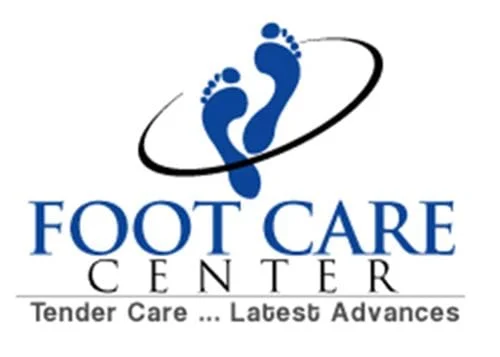 Thick toenails, a condition beyond mere cosmetic concern, can be associated with various underlying causes. One such rare and genetic cause is Pachyonychia Congenita (PC). This article delves into the intricacies of PC, exploring its origins, symptoms, diagnostic approaches, and potential management strategies for individuals grappling with this unique toenail thickening condition.
Thick toenails, a condition beyond mere cosmetic concern, can be associated with various underlying causes. One such rare and genetic cause is Pachyonychia Congenita (PC). This article delves into the intricacies of PC, exploring its origins, symptoms, diagnostic approaches, and potential management strategies for individuals grappling with this unique toenail thickening condition.
Understanding Pachyonychia Congenita (PC)
Pachyonychia Congenita is a rare genetic disorder that affects the nails and skin. Individuals with PC often exhibit distinct features, including thickened toenails and fingernails and other dermatological manifestations. The condition is caused by mutations in specific genes that regulate the structural proteins in the skin and nails, leading to abnormal growth patterns.
Symptoms of Pachyonychia Congenita
While thick toenails are a hallmark of Pachyonychia Congenita, the condition presents with a spectrum of symptoms that can vary among affected individuals:
-
Nail Changes: Thickened, discolored, and abnormally shaped nails, often starting in childhood, are a characteristic feature of PC.
-
Foot Lesions: PC can cause painful lesions on the soles of the feet, known as plantar keratoderma, making walking uncomfortable.
-
Hand Involvement: Fingernails may also be affected, with thickening and changes in texture. Calluses on the palms are common.
-
Blisters and Cysts: Painful blisters on weight-bearing areas of the feet and the development of cysts are observed in some cases.
-
Oral Lesions: PC may extend beyond the skin and nails, causing mucosal lesions in the mouth and throat.
Diagnosis of Pachyonychia Congenita
Diagnosing Pachyonychia Congenita involves a thorough clinical evaluation, genetic testing, and considering the patient's family history. Dermatologists and geneticists collaborate to identify mutations in specific genes associated with PC. Sometimes, a skin biopsy may be performed to confirm the diagnosis.
Management and Treatment Approaches
While there is no cure for Pachyonychia Congenita, management focuses on alleviating symptoms and improving the quality of life for affected individuals:
-
Foot Care: Regular podiatric care is essential to manage thick toenails and foot lesions. Custom orthotics may be recommended to reduce pressure on the soles.
-
Topical Treatments: Moisturizers and keratolytic agents may manage skin thickening and reduce the risk of painful blisters.
-
Pain Management: Analgesics and pain management strategies address discomfort associated with foot lesions.
-
Genetic Counseling: Given the hereditary nature of PC, genetic counseling is recommended for affected individuals and their families to understand the risk of passing on the condition to future generations.
-
Clinical Trials: Participation in clinical trials and research studies may offer individuals with PC access to experimental treatments to address the condition's root causes.
Research and Hope
Ongoing research into genetic therapies and targeted treatments holds promise for the future of Pachyonychia Congenita management. Advances in understanding the molecular mechanisms underlying PC may pave the way for innovative interventions that address the root causes of thick toenails and associated symptoms.
Conclusion
In unraveling the intricacies of thick toenails associated with Pachyonychia Congenita, it becomes evident that this condition goes beyond the surface. By shedding light on its genetic origins, symptomatic presentation, diagnostic pathways, and management strategies, this article seeks to provide a comprehensive guide for individuals navigating the landscape of PC. With a holistic approach that combines medical care, emotional support, and a glimpse into ongoing research, those affected by Pachyonychia Congenita can face the future with informed resilience and hope.
Disclaimer:
The information on this website is provided for educational and information purposes only and is not medical advice. Always consult with a licensed medical provider and follow their recommendations regardless of what you read on this website. If you think you are having a medical emergency, dial 911 or go to the nearest emergency room. Links to other third-party websites are provided for your convenience only. If you decide to access any of the third-party websites, you do so entirely at your own risk and subject to the terms of use for those websites. Neither Foot Care Center, nor any contributor to this website, makes any representation, express or implied, regarding the information provided on this website or any information you may access on a third-party website using a link. Use of this website does not establish a doctor-patient relationship. If you would like to request an appointment with a health care provider, please call our office at 4027217171.


